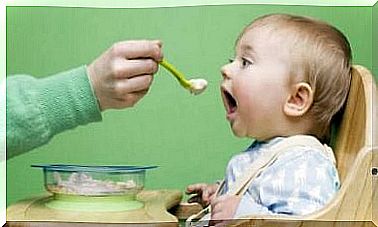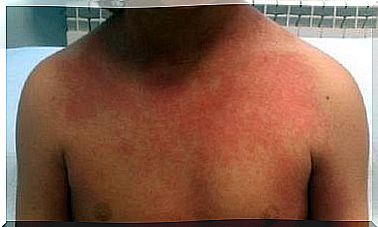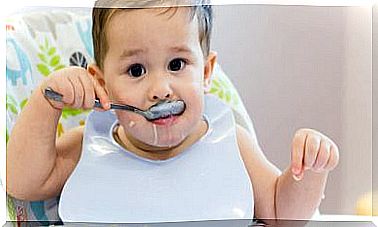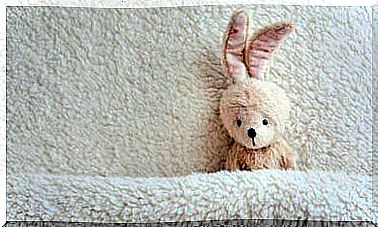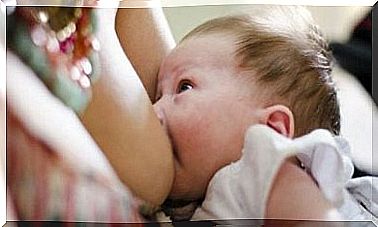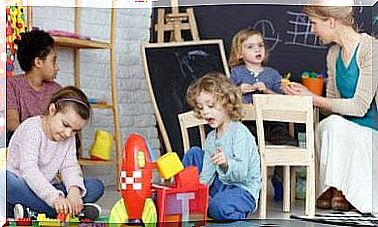Hyperactive Child: 6 Mistakes Parents Make

We sometimes tend to call any restless or impulsive child hyperactive, but this condition is actually a more serious problem. Therefore, the main thing to do before intervening in these cases is to be sure that it is indeed hyperactivity.
What is hyperactivity?
Attention Deficit Hyperactivity Disorder ADHD is a mental illness that primarily affects children. Those who suffer from it have problems with attention, impulsiveness and are almost never calm.
Despite the fact that there are close to 5% of school-age children affected, at least half of these cases are not adequately diagnosed. Consequently, we speak of a hyperactive child without having a medical confirmation and even less a cure; this can be said to be the first mistake of parents.
Many times, moreover , some symptoms relating to school performance or to the activities of each age are confused, which specialists usually define as “normal hyperactivity”; sometimes some cases are related to dyslexia or learning problems.
A hyperactive child is difficult to manage, especially if we are not sure if he has this disorder. However, as parents we can be wrong when it comes to addressing this problem. Below we explain the most common mistakes.
6 main mistakes made by parents of a hyperactive child
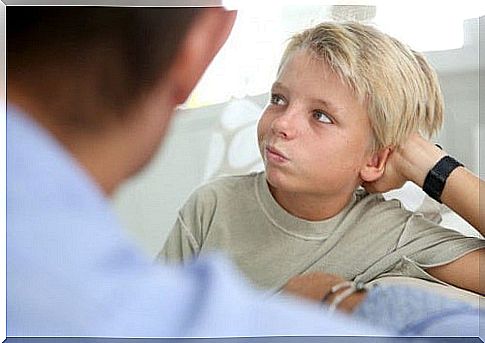
1. Neglect the problem
Do not consult a doctor about the symptoms that the child presents, who is branded as disobedient or irrecoverable. In general, parents hide behind the excuse that it is a matter of behavior that does not require medical attention.
As a result, the disease progresses without treatment, and this could lead to more serious problems : such as failing to successfully pass school or compromising social relationships.
2. Deny the existence of the problem
Some parents try at all costs to defend their children’s actions, but in fact they are defending their own. It is impossible for a parent not to realize that their child is hyperactive, so they worry about seeing their child act normally.
Not recognizing that your child has a problem is as serious as punishing or mistreating him for his behavior. In part, this situation is the primary reason why more than half of the cases of children with ADHD go undiagnosed.
3. Indulge in rumors
It is common for parents to expect their children to behave badly and therefore, when they receive criticism of their actions, they tend to react without asking questions. It often happens that they chastise or scold their children without having spoken to them. This exposes them to the possibility of being treated unfairly.
In some cases we tend to believe that our children are responsible for the confusion and we accuse them without knowing that many have participated in that chaos. It is essential to listen to them and maintain adequate communication with them.
4. Mishandling of information
Being uninformed about the characteristics of the disorder, as well as avoiding sharing what we know with family members and teachers, compromises the child’s treatment.
If, for example, teachers are unaware that you have this disorder, they will not know how to treat it and could risk your academic performance unwittingly. This also exposes him to not being able to be defended in case of any provocations by his companions.

5. Reprimand him often
It is normal for the behavior of a hyperactive child to be difficult to control and accept, so reproaches are the order of the day. However, specialists recommend avoiding criticism of his behavior, especially when it comes to common features of this disorder.
Conversely, it is preferable to take advantage of when he is controlling his actions, to reward and praise him for his positive behavior.
6. To prevent its normal development
Sometimes parents of hyperactive children avoid engaging them in various activities for fear that their behavior will spiral out of control. For example, they avoid taking them to a party or signing them up for some sport, because they believe it won’t work.
However, even if the child has this disorder, he needs to do activities that complement his normal development.
It is advisable to channel his hyperactivity through physical exercise and activities that involve concentration, as long as they are not too demanding.
